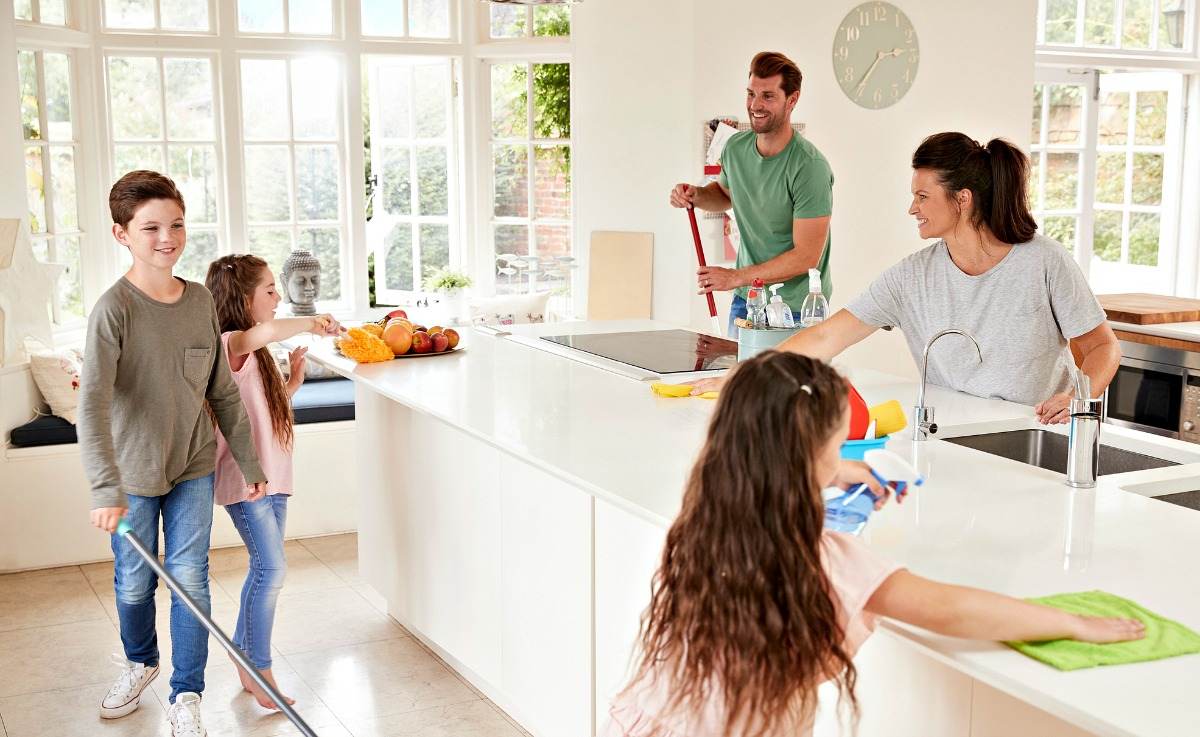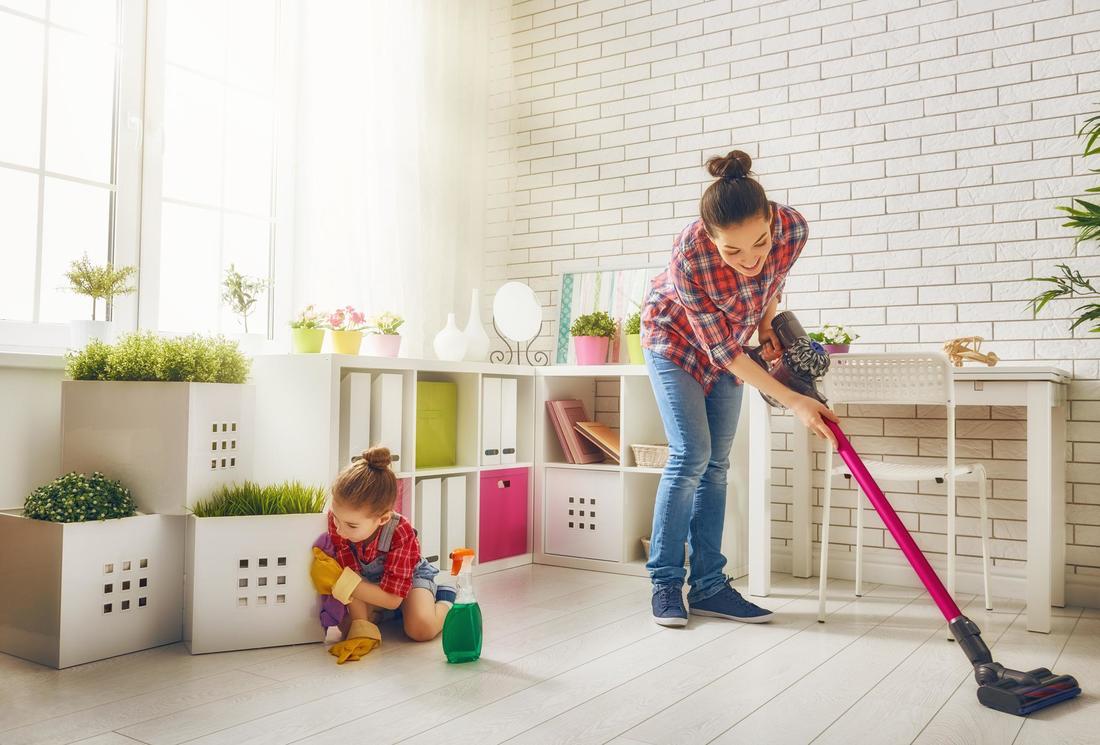|
Most cleaning products contain harsh chemicals that can, if misused or overused, damage surfaces and even be lethal, as when people make the mistake of mixing bleach and ammonia. These chemicals can also trigger allergic reactions, make breathing problems (e.g., asthma, COPD, etc.) worse, harm plants and pets and, in the long run, seriously harm the environment. In view of all these mostly preventable problems, why not consider using natural, comparatively affordable and biodegradable cleaning agents instead? NATURAL & SAFE ALTERNATIVE CLEANING PRODUCTS Lemon Juice Lemons, it seems, are custom-made cleaning tools, if you take into account their antibacterial, antiseptic, odor absorbing and deodorizing properties—all of which culminate from or are aided by this fruit’s high acidity content. Mix lemon juice with baking powder, salt or vinegar in order to restore shine to copper pans, wipe away stains from some surfaces (e.g., plastic), and disinfect chopping boards/counters. Baking Soda Slightly alkaline, baking soda (a.k.a., sodium bicarbonate) has both deodorizing and abrasive properties. Combined with water, for example, this stuff can remove rust; this mixture is also effective at breaking up/removing grease. In fact, a paste version of these two ingredients can be used as a very effective, non-toxic oven cleaner; when mixed with vinegar, a toilet bowl cleaner; and when thrown into the clothes washing machine, it’s a great softener and odor absorbent. White Vinegar Mildly acetic and with antibacterial properties, white vinegar can effectively remove stains from some fabrics and surfaces, absorb bad odors and deodorize a room/surface. It can help clean dishwashers, kettles, and pans; it’s also a fairly effective glass cleaner when mixed with water. When mixed with carbonated water and/or baking soda, it can also help clean bathroom floor/wall grout. Cinnamon, Cloves & Aromatic Herbs Simply boil these and you can introduce a fresh, natural scent to any room; this is a much safer alternative to chemically-based air fresheners. Olive Oil Mix this oil with lemon juice and white vinegar in order to make an effective wood cleaner. REMINDERS, CAVEATS & SUGGESTIONS If you are serious about turning a new leaf when it comes to using potentially harmful and destructive chemically-based cleaners, then the following points are worth keeping in mind: Indoor air can easily be compromised when you use harsh chemicals on your premises; making sure your family isn’t inhaling toxic fumes is one of the reasons to use natural cleaners. A cleaner shouldn’t be classified as “safe” unless it’s biodegradable, non-toxic, made from renewable resources and declared so by stringent, formal and well-documented studies. There are “green” cleaning services that will come to your home or place of business if you simply don’t have time to do your own cleaning. Be careful where/how you dispose of toxic home cleaner chemicals; the last thing you want is for these chemicals to come back to contaminate your drinking water and the water used to make the foods you consume every day. The overuse of antibacterial cleaners may be creating “Super Germs”—i.e., bacteria that will be much more difficult to kill in the future. CONCLUSION
The bad news is that millions of gallons of toxic, chemical-based cleaners have been polluting our environment for years. This has gotten so bad, in fact, that in some countries (i.e., China, Brazil, etc.) you can no longer drink the water from many of their rivers. Of course, other sources of pollution are also to blame. The good news, however, is that we have legitimate non-toxic, biodegradable and affordable alternatives—some examples of which are provided in this article. If you’re thinking of turning over a new leaf for 2018 and be more environmentally friendly inside and outside your home, this article will help begin the inside of your home process. Good Luck!
1 Comment
|
AuthorCalix Properties ArchivesCategories |

